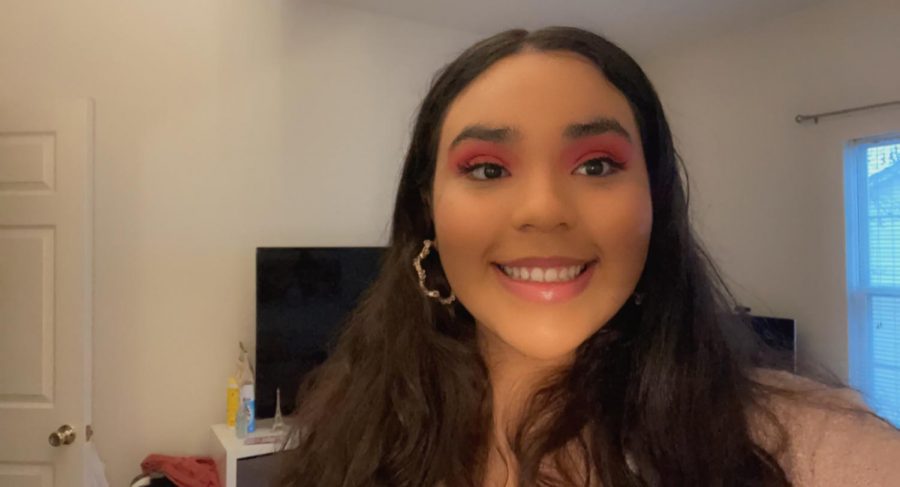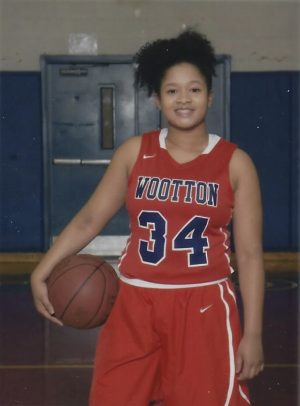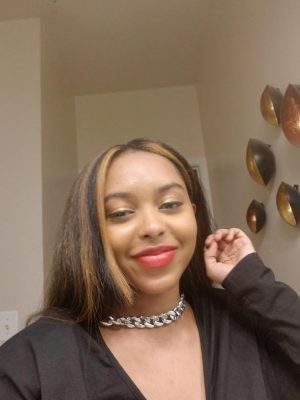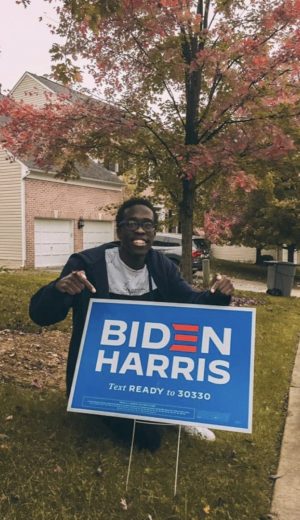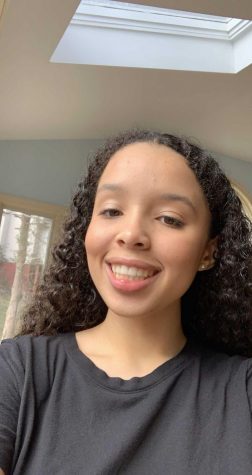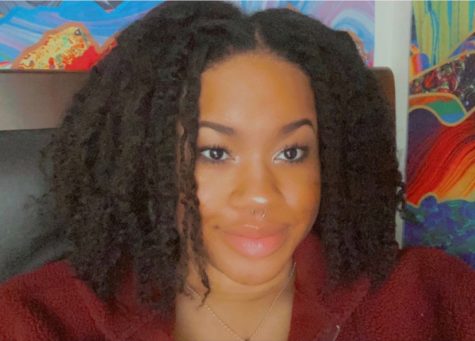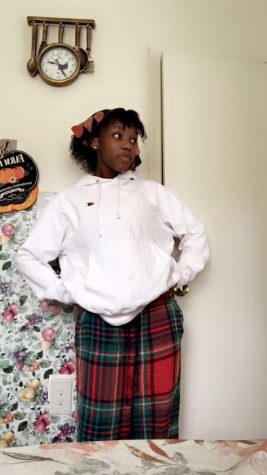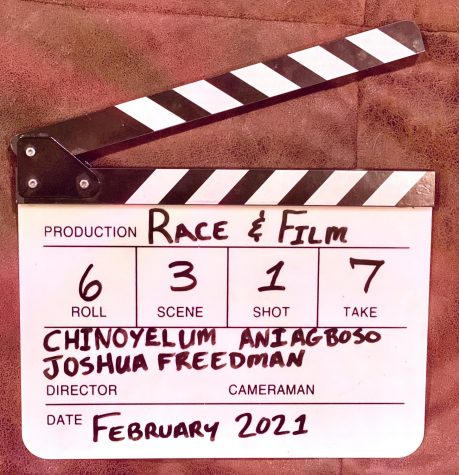Samantha Peguero offers insight to Afro-Latin culture
Photo courtesy Samantha Peguero
Sophomore Samantha Peguero
As a member of the Black Student Union, Sophomore Samantha Peguero aspires to shed light on her cultural background and broaden individuals’ understanding of what it means to be Afro-Latin.
Q: What does it mean if someone is Afro-Latinx?
A: Afro-Latinx are Latinx with African ancestry or Latinx mixed with Africans or African Americans.
Q: What does being Afro-Latinx mean to you?
A: It’s a part of my identity. That’s really it. I do not let it dictate how I act and who I talk to; it’s just a part of who I am. It empowers me to work hard and persevere so I can fight for people who look like me. However, it does not define me. I am proud to be a part of both communities.
Q: What is your experience at Wootton as an Afro-Latin?
A: It’s been an interesting experience. I lived in Central Florida (where the population is 90% Latinx) for most of my life, where everyone assumed that I was Latino. When I moved here, it was shocking to see so much diversity. At the same time, it was very surprising that I could be mistaken for different races and ethnicities. I’m proud to be a part of a school that lets me embrace my culture and lets me learn about others.
Q: Based on your experiences, what would you change about the Black and Latinx community?
A: I want both communities to be more accepting. It doesn’t matter if I’m mixed if I’m a shade lighter or darker than you are, or even the percentages of my race. If we share a common thread (i.e., experiences, race, etc.), we should both be accepting of and willing to learn from each other.
Q: If you could share one piece of information about being Afro-Latinx, what would it be?
A: There is a lot of history that should be accepted and recognized. As an Afro-Latino, I acknowledge both Spanish and African history. No one should be ashamed of who they are or their past.
Q: What have you done to shed light on the topic of the Afro-Latinx community? How do you plan on continuing this journey?
A: I joined the BSU leadership team at Wootton, and I did an art piece for last year’s Black history month. The main point was to say Black is beautiful in all shades and colors. I plan to shed light on this topic by trying to collaborate with different minority clubs to create a culture night. This way, we can learn about different cultures, recognize the similarities, and explore the differences that make each culture unique.
Q: Who or what has inspired you to explore your background and educate others about it?
A: There’s not really a person that inspired me to explore my culture. I saw a YouTube video titled Who Gets to Identify as Afro-Latino and thought to myself, “Oh, I’ve heard of that before.” I kind of explored which countries were considered Afro-Latin countries. The Dominican Republic (where I’m from) is considered Afro-Latin, but it is very stigmatized. It’s a word that’s not generally used in Latin America. So it was hard to accept my identity because it was new to me. After joining BSU and hearing/reading about other Afro-Latino’s experiences and journeys, I have gained the confidence to share my culture. It’s still a struggle to talk about my identity without feeling a sense of doubt that I am not truly a part of either community, but the more I learn, the less I doubt.
Your donation will support the student journalists of Thomas S. Wootton High School. Your contribution will allow us to purchase equipment and cover our annual website hosting costs.
Amanda Schless is a 2021 graduate.


